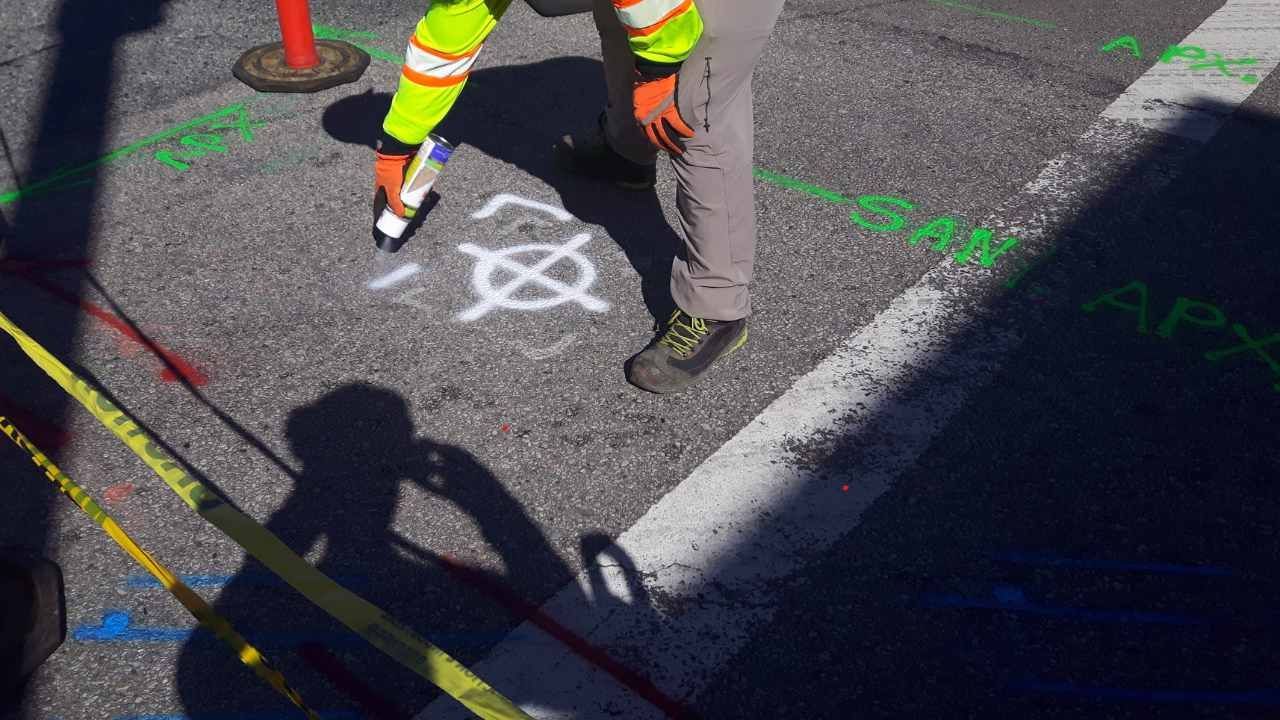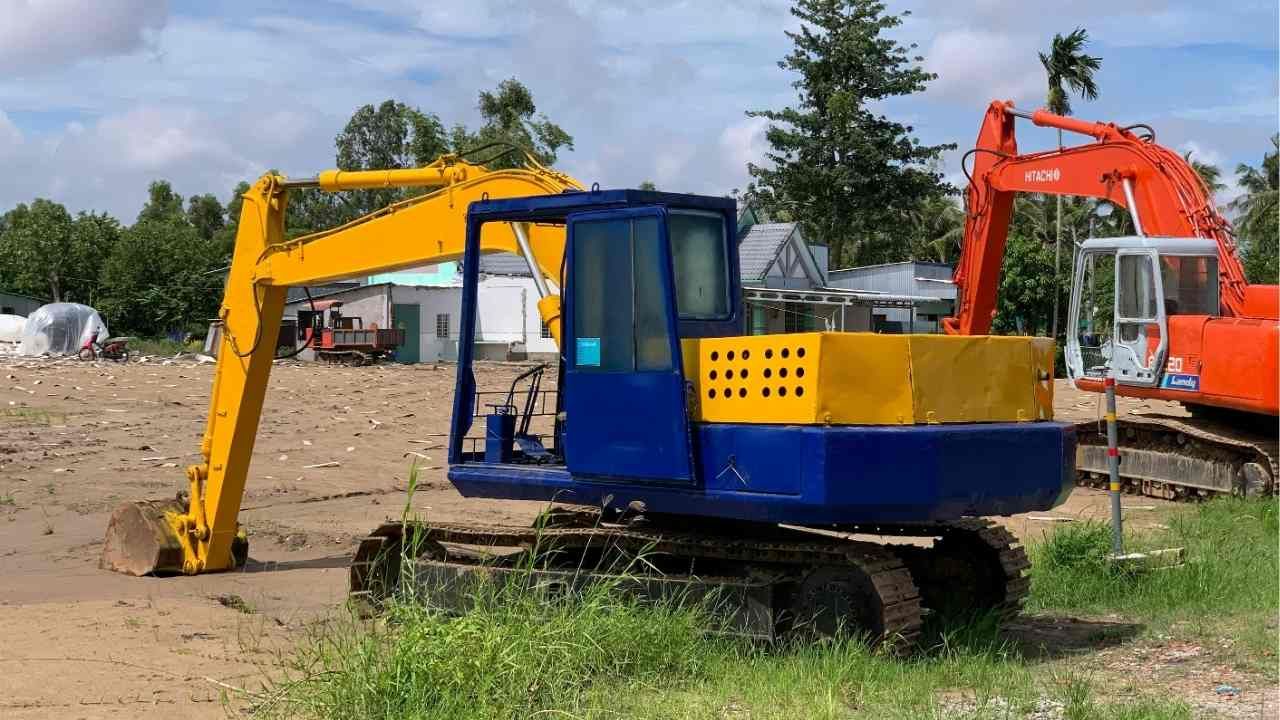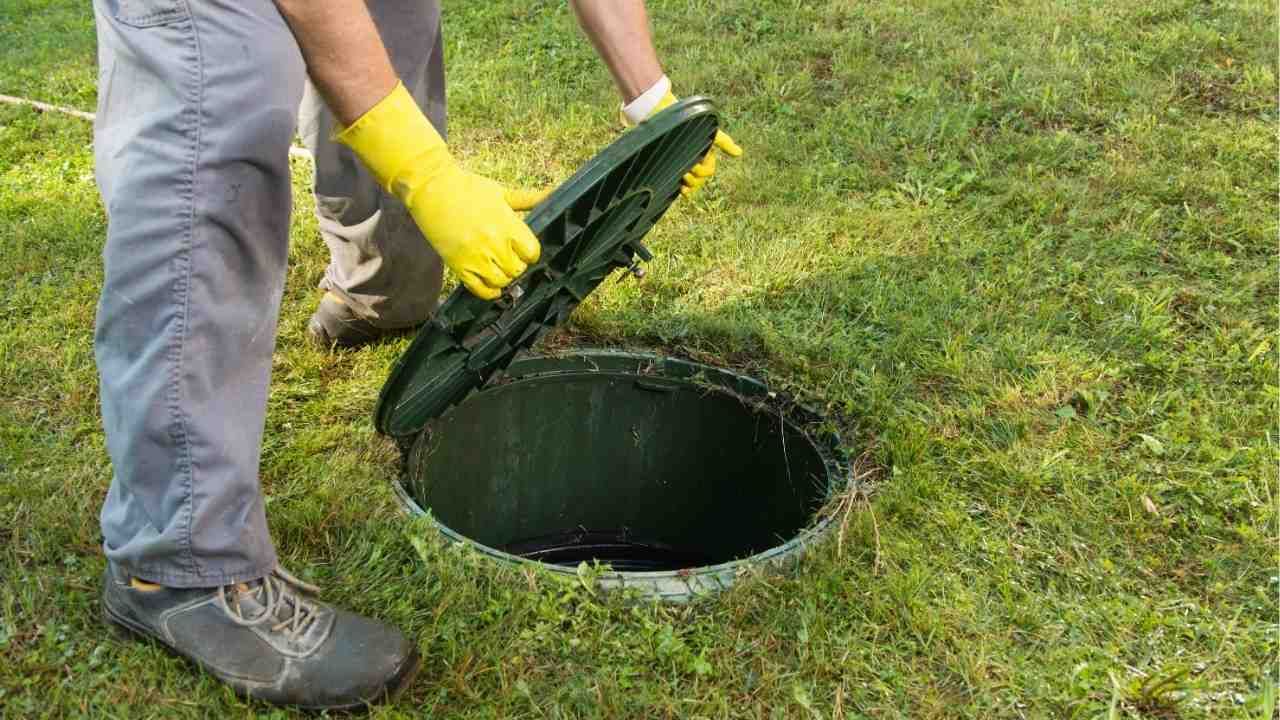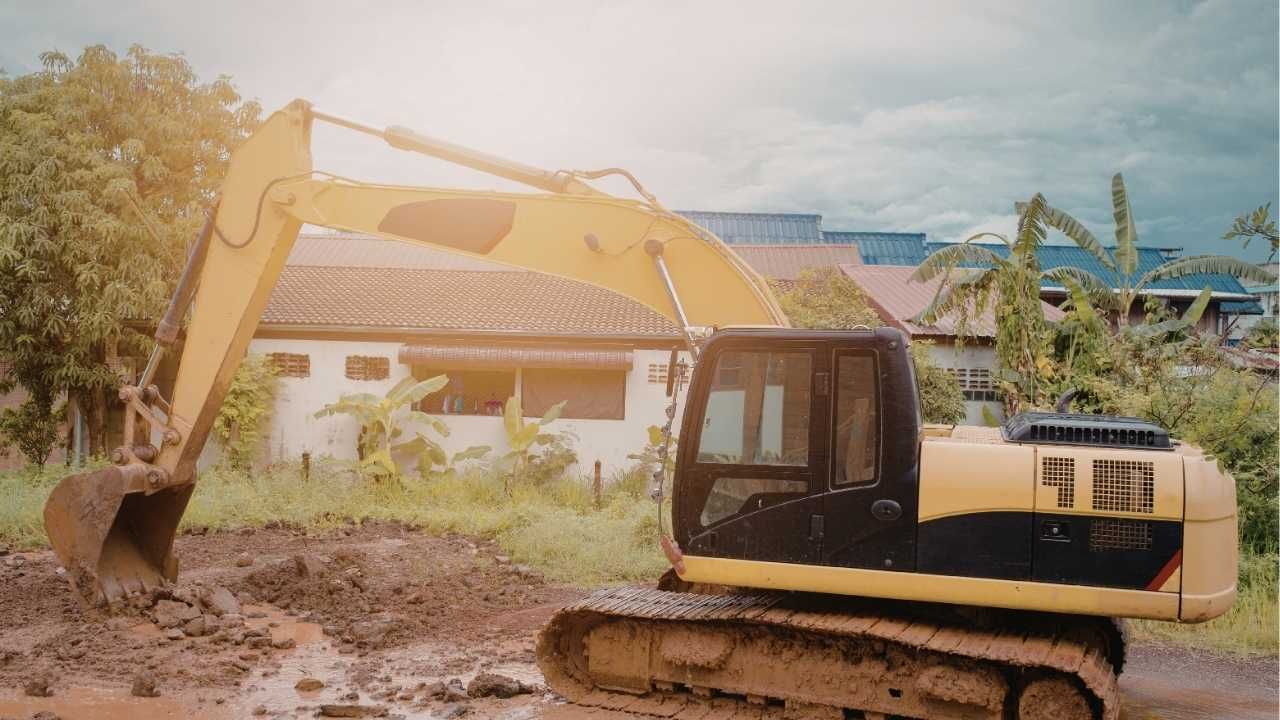How Excavation Helps Protect Utility Lines During Construction

When it comes to construction projects, one wrong move can lead to costly delays—or worse, dangerous accidents. Beneath the surface of nearly every site lies a complex web of utility lines, from water and gas to electricity and internet. That’s why proper excavation isn't just about digging—it’s about digging smart.
In this post, we'll explore how excavation plays a crucial role in protecting underground utility lines, and why working with experienced professionals can make all the difference.
Why Utility Lines Are at Risk During Construction
Utility lines are often hidden just a few feet below ground, and without proper planning, they're incredibly easy to damage. These lines aren’t just an inconvenience to repair—they can shut down an entire neighborhood's power, contaminate water supplies, or cause severe injury to workers.
There are several reasons why utility lines get hit during construction:
- Inaccurate or outdated maps
- Failure to identify all utility types on site
- Lack of communication between contractors
- Improper excavation techniques
That’s where specialized excavation services come in.
How Professional Excavation Prevents Damage
Proper excavation isn’t just about moving dirt—it’s a process that starts long before a shovel hits the ground. Here’s how experienced crews help prevent utility disasters:
1. Site Assessments and Utility Locating
Before digging begins, the site must be assessed for any existing underground utilities. This involves calling local utility marking services (like 811 in the U.S.) to flag areas where lines are buried. However, these markings can sometimes be incomplete. That’s why many excavation contractors use additional tools like ground-penetrating radar to double-check.
2. Strategic Planning
Once utilities are located, the excavation team maps out a detailed plan. They avoid digging near marked lines whenever possible and identify the safest paths for trenches and foundations. Timing is also essential—certain parts of the site may need to be excavated in phases to protect utilities as construction progresses.
3. Precision Digging Techniques
Skilled operators use specialized equipment like vacuum excavators and mini excavators for precision digging in high-risk areas. These tools reduce the chance of unintentional strikes compared to traditional heavy equipment. In especially sensitive areas, crews may even dig by hand.
The Benefits of Professional Excavation
The right excavation approach not only protects utility lines but also helps your project run smoothly and on schedule. Here’s how:
- Safety First: Avoiding utility damage means fewer injuries and emergencies on-site.
- Cost Savings: Repairing a cut gas or water line can cost thousands. Preventing the issue is far cheaper.
- Fewer Delays: A hit utility can halt construction for days or even weeks while crews make repairs and safety inspections.
- Regulatory Compliance: Many cities require certified excavation protocols when working near utilities.
Case Study: Safe Excavation for a Residential Build in Spencer, MA
The Challenge:
A homeowner in Spencer, MA, planned a custom home build on a previously undeveloped lot. While the site appeared clear, outdated utility records created uncertainty about what was buried beneath the surface. The builder needed to excavate for the foundation and utility trenches—without damaging existing underground infrastructure.
The Solution:
- Utility Mapping & Locating: A professional excavating contractor brought in advanced utility locating tools, including ground-penetrating radar, to confirm the position of water, electrical, and communication lines.
- Strategic Excavation Plan: Their team created a phased digging plan that avoided critical utility paths.
- Precision Equipment: In high-risk areas, they used vacuum excavation instead of heavy machinery to expose sensitive lines without damage.
The Result:
The foundation and trench work were completed safely, with zero utility line strikes, no construction delays, and full compliance with local regulations. The homeowner stayed on schedule and avoided costly setbacks.
Takeaway:
Even with uncertain utility records, smart excavation planning and precision tools can protect your site—and your budget. Groundscapes Inc. continues to be a trusted name in excavation services throughout Spencer, MA.
Trust the Experts in Spencer, MA
When you’re planning a residential build or remodel, working with a trusted local team makes all the difference. If you’re looking for residential excavation services Spencer MA homeowners trust, turn to Groundscapes Inc. Their crew understands the importance of safety, precision, and planning when it comes to excavation.
Whether you’re breaking ground on a new home or upgrading existing infrastructure, Groundscapes Inc. offers a wide range of services designed to protect both your investment and your peace of mind.
Final Thoughts
Excavation isn’t just the first step in construction—it’s one of the most important. Done right, it lays the foundation for a smooth, safe build. Done wrong, it can bring everything to a halt. If your next project involves digging, make sure you’re working with a crew that knows how to safeguard what’s below the surface.
Protect your project, your budget, and your safety—start with the right excavation team. Contact us now!




